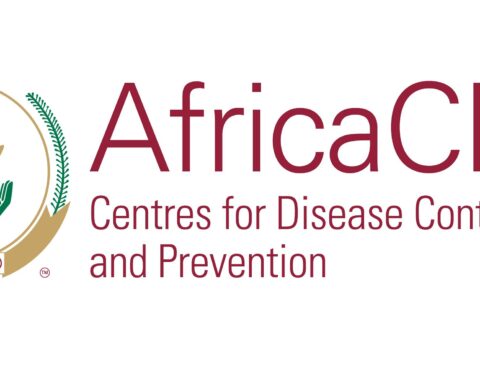The Nigeria Centre for Disease Control and Prevention (NCDC) has reported a troubling rise in Lassa fever cases as the country enters epidemiological week 41 of 2024.
According to the latest Lassa Fever Situation Report, the NCDC recorded 10 new confirmed cases in week 41, an increase from seven cases reported the previous week. These new cases were reported in Ondo, Edo, Benue, and Taraba states, signaling a concerning trend as Nigeria continues to combat the virus.
To date, the NCDC has documented 174 deaths this year, resulting in a case fatality rate (CFR) of 16.8%, which is slightly lower than the 17.2% CFR recorded at this time in 2023. Cumulative confirmed cases have now reached 8,569 across 28 states and 129 local government areas. Ondo, Edo, and Bauchi states remain the most affected, accounting for 68% of all cases in 2024, with Ondo alone representing 28%, followed by Edo at 23%, and Bauchi at 17%. The age group most affected falls between 31 to 40 years, with an equal gender distribution among confirmed cases.
The NCDC noted that no new healthcare workers were affected in week 41, reflecting ongoing measures to protect medical personnel during the outbreak. The National Lassa Fever Multi-Partner, Multi-Sectoral Technical Working Group continues to lead response efforts, emphasizing effective contact tracing and community engagement.
However, the agency highlighted several challenges, including limited funding for preparedness activities, poor health-seeking behavior in affected communities due to treatment costs, and inadequate sanitation in high-burden areas, all of which hinder containment efforts.
Efforts to enhance public awareness are underway, with initiatives focused on risk communication, healthcare provider training, and community engagement campaigns. As the outbreak persists, timely reporting and prompt medical intervention remain crucial in reducing the impact of Lassa fever nationwide.
Lassa fever, identified by the World Health Organization as a high-risk pathogen, poses an increasing threat as climate change continues to place an estimated 700 million people at risk. Symptoms include fever, headache, and muscle pain, and in severe cases, can lead to facial swelling and bleeding. Survivors may experience long-term effects, such as hearing loss.
Public health experts emphasize that both government and public cooperation are essential to mitigate the spread of Lassa fever and prevent further loss of life across Nigeria.



























